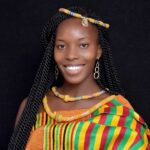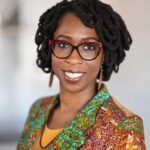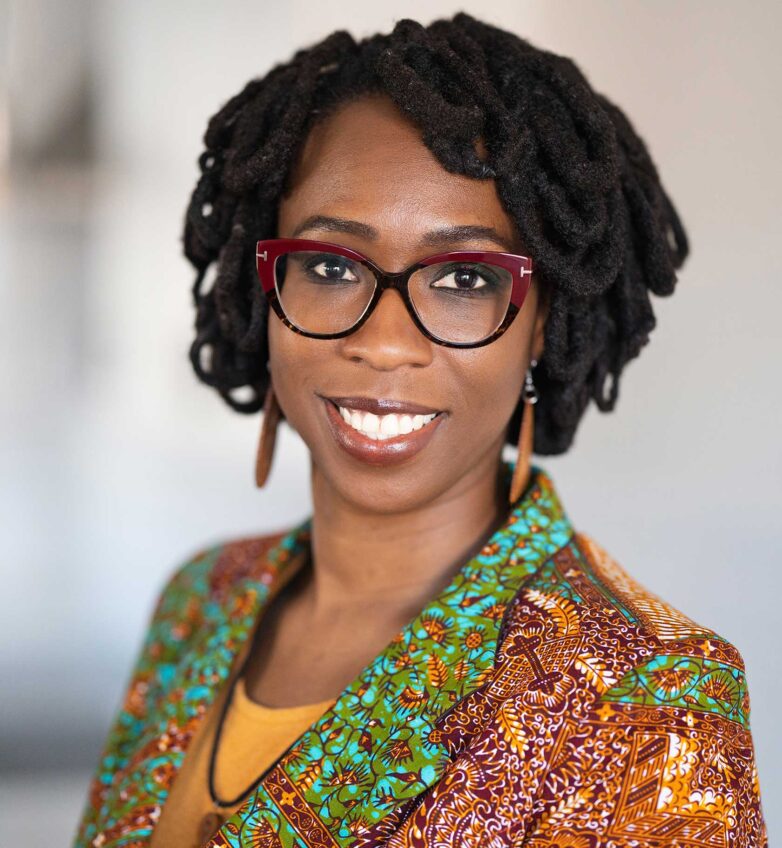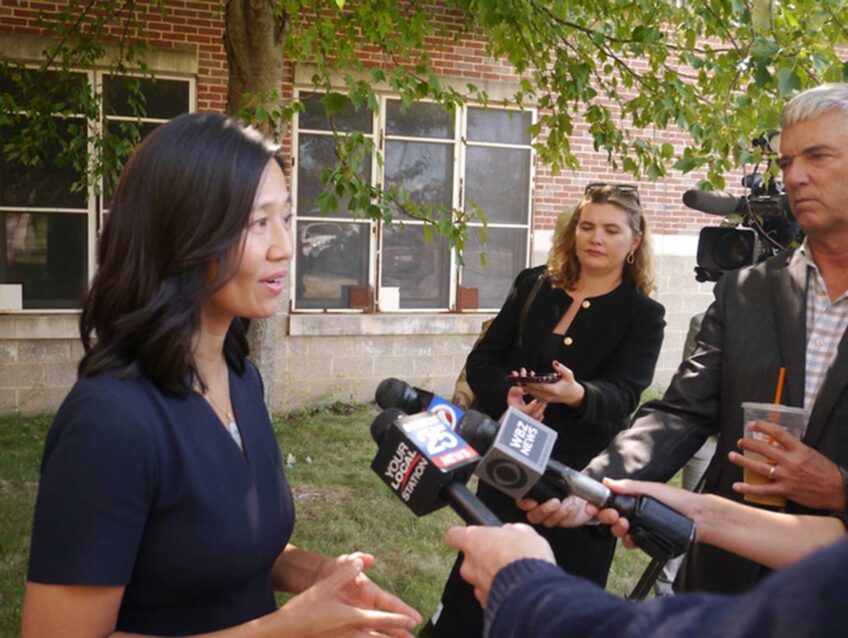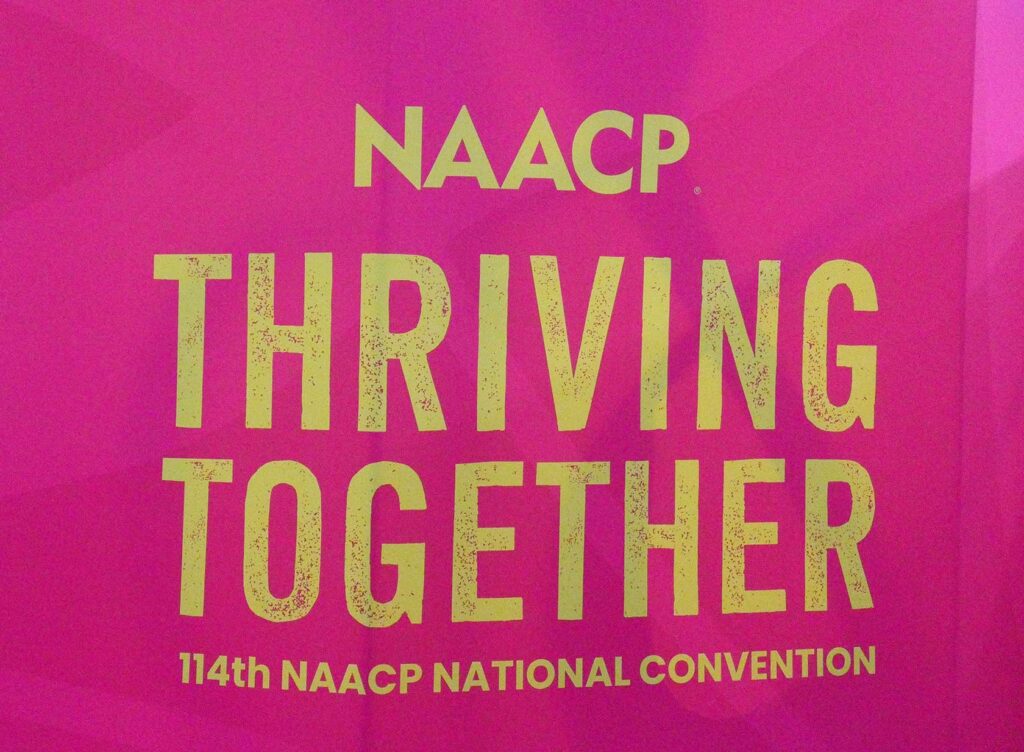
The NAACP national convention in Boston — its first in the city in 40 years — was celebrated as a point of pride for leaders of local branches of the organization.
Tanisha Sullivan, president of Boston’s NAACP branch, said the convention successfully reintroduced Boston to the rest of Black America — one of her goals leading into the convention.
“Based on the feedback that we are receiving, we are hitting the mark,” Sullivan said. “[This convention gives] us an opportunity to say to the rest of the Black America that we’re in this fight with Black America, and that we’re deeply committed to ensuring that Boston specifically becomes a city that is truly inclusive of all people.”
Sullivan said she received positive feedback about a community activation event the branch hosted, which took delegates out of the Boston Convention and Exhibition Center in the Seaport and into Dorchester, Roxbury and Mattapan.
“We’ve already started to hear and see some strategizing, especially coming out of the Friday neighborhood activations, where our NAACP members had the opportunity to engage with local grassroots community-based organizations,” Sullivan said.
Congresswoman Ayanna Pressley also said the convention in Boston is a testament to progress in state and local politics, culture and economic development.
She recounted that when she was a Boston city councilor she would be invited to pitch Boston as a host city for Black conventions. Pressley, former councilor Tito Jackson and members from the NAACP would be asked to make the case for the city, she said.
“People were worried about coming here,’’ Pressley said. “They were worried they wouldn’t feel safe. They questioned if there was, in fact, a Black community here that was thriving, and that the city would welcome them.”
Phyllis Ellis, president of NAACP’s Brockton area branch, said the convention’s presence in Boston was a rare and exciting opportunity.
“This is amazing. It’s not my first rodeo … but for some people, this is the first time, and I tell them they need to come this year because it’s probably going to be another 40 years before it comes back again,” Ellis said.
Ken Reeves, president of the NAACP Cambridge branch, said he was excited by the way Sullivan welcomed state and local officials into the fold.
Mayor Michelle Wu co-hosted a “block party” event marking the opening of The Hub, the convention’s public exhibition hall space featuring Black-owned businesses and restaurants as well as community and cultural organizations.
In her remarks at the event, Wu welcomed everyone to The Hub, a first-of-its-kind space at NAACP national conventions.
“We are beyond thrilled to show the world a little of what’s happening in our city,’’ she said. “We wanted to make sure there was a space and a place where anyone could just come in off the street and get involved.”
Gov. Maura Healey, ahead of a July 30 panel discussion on anti-hate, gave remarks celebrating the convention’s presence — even while acknowledging that Massachusetts “has not been spared the stain of racism.”
“At this time, in this moment, you are in the right place to fight back,’’ she said. “You are in the right place to move forward and advance the cause of freedom. You are in the right place to teach young people the truth and let them turn that knowledge into power.”
The convention, which was officially hosted by the Boston branch, was supported by other local branches in Massachusetts, Rhode Island, Vermont, Maine and New Hampshire — which together form the New England Area Conference of the organization.
Sullivan said other local NAACP leadership she was aware of at the convention came from branches in Cambridge, Mystic Valley, Worcester, New Bedford, Springfield, Cape Cod, Rutland, Vermont, and Manchester and Seacoast in New Hampshire.

